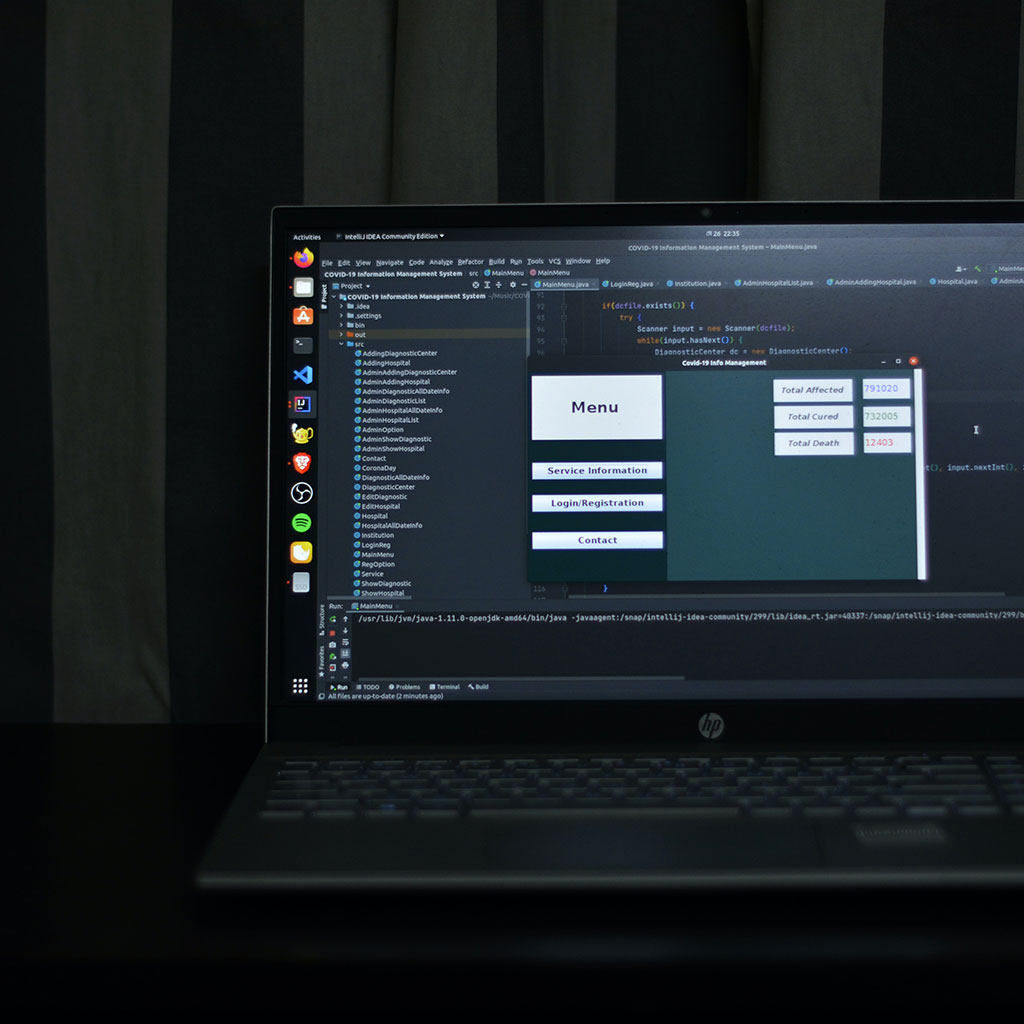Are MacBooks better than HP?
Are MacBooks better than HP?
Comparing MacBooks and HP laptops can be subjective, considering factors like operating systems, hardware configurations, and user preferences. Delve into the nuances of each to understand which might suit your needs better.
Is there a difference in quality between MacBooks and HP laptops?
Determining whether MacBooks are better than HP laptops is subjective and relies heavily on individual preferences, needs, and specific use cases. Both brands offer distinct features and advantages.
MacBooks, running on macOS, are known for their seamless integration of hardware and software, offering a user-friendly interface and robust security features. Apple’s laptops are recognized for their premium build quality, sleek design, and exceptional customer support. Additionally, they have a reputation for excellent battery life, vibrant displays, and high-resolution screens, particularly in the MacBook Pro models. Moreover, the ecosystem synchronization among Apple devices, including iPhone, iPad, and MacBook, is a significant draw for users invested in the Apple ecosystem.
On the other hand, HP laptops, operating on Windows OS, offer a diverse range of models catering to various budgets and needs. HP devices often provide more extensive hardware options, including different processor choices, RAM configurations, and graphics cards, giving users more flexibility in customization. They are also known for their wide array of ports, offering more connectivity options, and sometimes feature touchscreens or 2-in-1 convertible designs in certain models, which might suit specific user preferences.
Choosing between MacBooks and HP laptops depends on multiple factors such as personal preferences, the operating system one is accustomed to, specific software needs, hardware specifications required for tasks, budget constraints, and desired design and aesthetics. Both brands have their strengths, and determining which is better ultimately hinges on an individual’s priorities and the intended usage of the laptop. Therefore, considering your specific requirements and intended usage will help in deciding which brand and model better suits your needs.
Do you prioritize premium build quality and sleek design, often associated with MacBooks?
Premium build quality and sleek design are often synonymous with MacBooks, recognized for their elegant aesthetics and meticulous attention to detail in terms of design. Apple’s commitment to crafting laptops that offer a sophisticated and refined appearance resonates with users seeking a visually appealing and durable device. MacBooks, particularly the MacBook Air and MacBook Pro series, boast a unibody aluminum chassis that exudes durability and a modern, minimalist design ethos. This construction not only provides a premium look but also contributes to the laptop’s sturdiness, making it appealing to users who prioritize an aesthetically pleasing yet resilient laptop.
While MacBooks are esteemed for their design, some powerful Windows laptops also prioritize premium build quality, aiming to rival the elegance associated with Apple’s offerings. Certain high-end Windows laptops, often considered premium laptops, emphasize sophisticated designs and exceptional build materials, catering to users who seek an equally well-crafted device. These laptops, akin to MacBooks, focus on delivering excellent performance metrics, longer battery life, and often tout brighter displays with impressive display quality. For instance, Windows laptops designed for graphic designers or professionals may emphasize features like high-resolution screens, faster CPU cores, and higher refresh rates, offering exceptional performance in an elegant package comparable to Apple’s offerings. Ultimately, the preference for premium build quality and sleek design might vary among users, with both MacBooks and select Windows laptops offering compelling options tailored to different tastes and requirements.
Do you consider the size, weight, and form factor of laptops from both brands when making your choice?
Portability often serves as a pivotal factor in selecting a laptop, especially when considering the size, weight, and overall form factor. MacBooks, renowned for their sleek and compact designs, typically prioritize portability without compromising performance. MacBook Air models, in particular, are celebrated for their lightweight build and slim profile, making them incredibly convenient for users seeking a highly portable yet powerful laptop. This emphasis on portability extends to MacBook Pro models, where Apple has optimized form factors to balance power and sleekness, appealing to professionals and students who require both performance and mobility. The careful integration of hardware and software in MacBooks contributes to their efficiency, allowing for a thinner and lighter profile without compromising on exceptional performance and battery life.
Conversely, some Windows laptops also emphasize portability while offering exceptional performance. Several premium Windows laptops strive for a delicate balance between power and portability, catering to users seeking a high-performance device in a compact form factor. These laptops often prioritize sleek designs, reduced weight, and thinner builds, appealing to users in various fields, including graphic designers or professionals requiring a powerful yet portable device. Manufacturers of select Windows laptops showcase a dedication to combining excellent performance metrics with elegant design, brighter displays, and extended battery life, appealing to users seeking a fine balance between portability and exceptional performance in their computing devices. Ultimately, the choice between MacBooks and certain Windows laptops in terms of portability often depends on individual preferences regarding design, size, weight, and intended usage scenarios.





You must be logged in to post a comment.